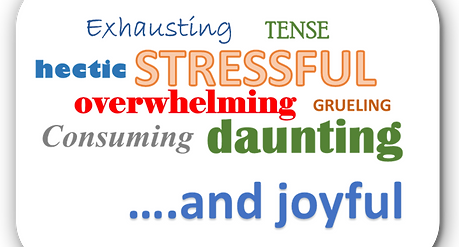"RESPITE"
is in our heart

We recognize that “respite services” deserves more attention and solutions, and therefore highlight awareness throughout the work that we do. Throughout a community, we need to have a breadth of capable providers championing quality-of-life care for children and their families, which includes appropriate funding for overnight respite.
The number one wish that parents with life-limiting conditions want is a cure for their child…. next is sleep, so they can tackle the next challenge…and the one after that.
We have chosen to raise attention to this critical element of care because of the severe lack of providers offering these services within local communities.
“Respite” is a term that is seemingly familiar but lacks the depth of understanding as to what is truly required to provide families and caregivers the much-needed break they desperately need.
Many policies within State Medicaid waivers include a “Respite” provision, but then fail to articulate appropriate parameters for providers to follow.
To be clear, caring for a child with complex medical needs is a 24/7 role that continues throughout their entire life. Unlike the months of sleepless nights new parents endure, they do so knowing their healthy baby will grow and sleep through the night soon.


Caring for a child with a life-limiting condition:
-
Requires a unique skill-set and patience that is developed over time.
-
Parents and family caregivers are forced to adapt and develop these skills very quickly.
-
On the other hand, Professionals “choose” to work within this type of environment, but it is not conducive to everyone.
-
Life is dynamic. A child with life-limiting conditions benefits best with continuity, and high-quality care. Change is a reality, but especially difficult for a child with medical complexities.
Examples of home life situations that increase stress and create elevated risk factors for a child with life-limiting conditions:
-
Exclusive Caregiver – Many children have “only” been cared for by a parent, and never exposed to other caregivers. If/when that parent gets sick or has their own personal need, the child requires a “new” person which can be very scary.
-
Lack of Sleep for Parents – Most parents voice that occasional opportunities to “catch-up” on sleep can be one of the single biggest benefits for their child. Always running tired increases the risk of mistakes in administrating prescriptions and therapies, creates impatience, and lowers a desire for life-enhancing activities for the child.
-
Isolation with Peers – At home, or at their school, most life-limited children may rarely come in contact with other “special needs” children. They feel isolated and struggle to develop “peer” relationships. "Like Houses" are a solution that creates a safe environment with like-children where friendships flourish outside of their stay
-
Divorce Rates – Cited through many sources, it is estimated that as many as 90% of families with a life-limited child end in divorce. Providing “short-term” breaks helps protect the family unit. Happier family = happier child.
-
Overnight Support – Finding quality caregiver support for the evening is a significant challenge for families, even more than during the daytime.
-
Learning Curve – What and how to advocate for their child. Children with medical complexities often miss having their needs met because parents are learning as they go. Interaction with other families on similar paths speeds the learning curve and benefits the child with appropriate solutions to their needs.
